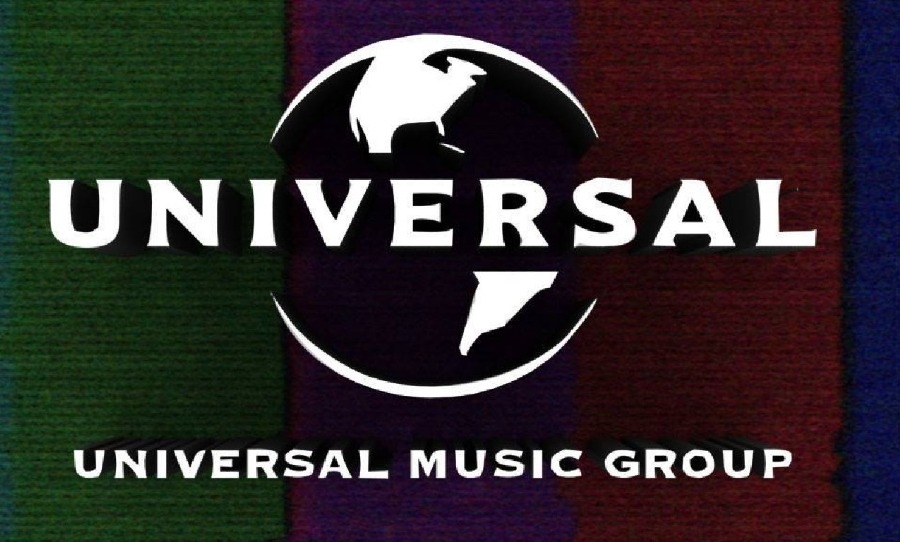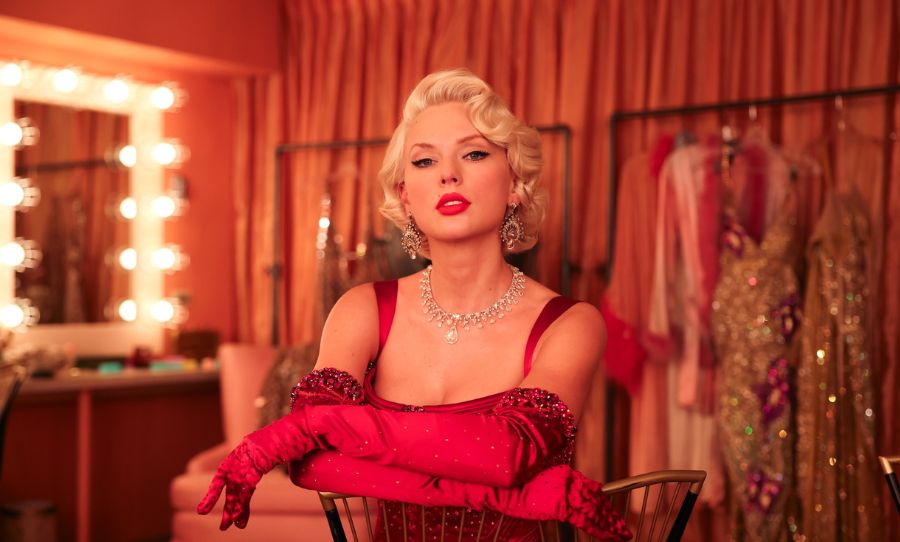According to the Wall Street Journal (WSJ), record label Universal Music Group has cracked down on their artists’ right to rerecord old music with new regulations.
The latest development in the music giant’s legal framework is believed to have been inspired by pop star Taylor Swift’s rerecorded albums, and the era of streaming.
When writing for WSJ, music journalist Anne Steele spoke with insiders at Universal and industry experts (chiefly music executives and lawyers). The new rules are designed to allow Universal to retain their hold in a time where independent artists (and their finances) are beginning to thrive thanks to the internet and social media.

The changes are as follows:
- An artist will only be allowed to rerecord old material seven years “after the delivery of their last recording under the agreement”. Previously, the industry-standard was five years.
- An artist will be allowed to rerecord old songs five years “from the end of the recording contract’s term”. This is longer than the previous requirement of two years.
- A “seven year post period” will be added onto the above points where an artist can only rerecord two songs maximum.
- Increased royalties “to artists and more transparency into how royalties are calculated”. The specific numbers in the contracts are unknown.
Experts state that the aforementioned rules will bar artists “from creating competitive recordings during a typical recording’s biggest monetization period, usually within 10 years of its initial release”. However, an artist will benefit from higher royalties.
Oh wow. So I just read an article and it said that (reportedly) Universal Music Group has begun doubling the time restrictions on re-recording music. So for example, if an artist previously had to wait 5 years to re-record (like in Taylor’s case), they have to wait 10 years now. pic.twitter.com/l90CGSSPcd
— Two Thousand Ughty One💛💛 🌈 #BlackLivesMatter (@nolaboy96) November 14, 2021
Steele’s contacts believe that Universal’s restrictions could have a ripple effect on the industry. “Often, Universal’s contract adjustments become industry standard because they are the biggest,” Steele writes.
But what does this have to do with Taylor Swift? When speaking to Steele, Susan Genco, co-president of the entertainment organisation, The Azoff Company, explained that Swift’s decision to reclaim her old music has inspired a revolution amongst artists.
“What Taylor did is a game changer, not just for her fans, but for other artists. She is inspiring artists to rerecord their songs and control their music … Taylor is leading by example: Showing fans and artists that it’s possible to take control of their future,” Genco said.
As reported by MRC Data via the WSJ, Swift’s first rereleased album, Fearless (Taylor’s Version), wracked up more streams than its original counterpart.

The changes in Universal’s contracts come in the wake of a surprise announcement from Swift. Early this morning, the All Too Well hitmaker posted a teaser of a music video for her new song, I Bet You Think About Me (feat. Chris Stapleton) (Taylor’s Version) (From The Vault).
SURPRISE! NEW MUSIC VIDEO TOMORROW at 10am ET 🚨 I finally got to work with the brilliant, brave, & wickedly funny @blakelively on her directorial debut. Join us as we raise a toast, and a little hell. https://t.co/Gm4xT1vuNk pic.twitter.com/2Qh7KEVUpD
— Taylor Swift (@taylorswift13) November 14, 2021
The track is one of eight “From The Vault” songs added onto the freshly released Red (Taylor’s Version) – the rerecording of Swift’s fourth studio album.
As revealed in the teaser, the video was made in collaboration with Swift’s friend and actress Blake Lively.



